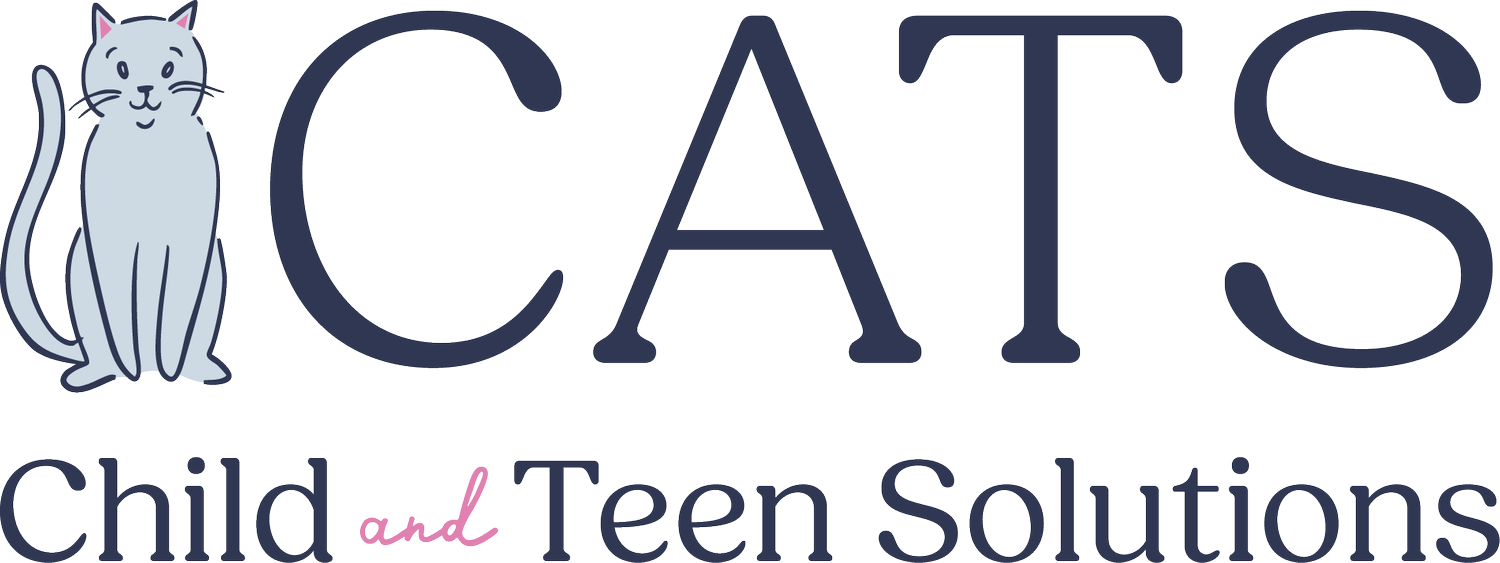
Dyslexia Evaluations
How do I know if my child should be evaluated for a reading disability, or dyslexia?
There are numerous factors that come into play when making the decision to refer a child for a learning assessment. When a child is showing lags in reading, it can be hard to know whether to pursue an assessment right away versus a wait-and-see approach. Some children who are initially behind in reading can suddenly have things “click” and catch up, while others fall further behind over the elementary school years. Here are some factors that can tip the scale in the direction to seek an evaluation. The more factors that are present, the more likely it is that a child may have a learning issue that is worth exploring. The list below includes factors that could signal a problem, but not all of the listed signs are necessarily present in a child with dyslexia.
Keep in mind that some very bright children with dyslexia are able to compensate or “mask” their challenges. These children may achieve grade level performance, but are not at a level that one would expect given their high intelligence. Experts in the field are divided about whether a very bright child with grade level reading should be considered as having a learning disability. Highly intelligent children whose reading is at only grade-level may show dyslexia-like patterns in their brain functioning (on fMRI), whereas grade-level readers who are performing on par with their intelligence tend not to show this pattern.
Possible signs that a child should be considered for a learning evaluation:
Family and developmental history
Family history of dyslexia, especially in a first degree relative (a parent or sibling)
Lags in early language development, even if mild (“late talker”)
Speech articulation issues
“Tripping” over sounds (“psghetti” instead of spaghetti)
Difficulty learning the ABC’s
Current academic functioning
Seems behind in reading
Reading aloud is choppy
Spelling difficulties
Understanding what sounds go with certain letters
Lacks strategies to sound out words
Challenges learning sequences (days of the week, months of the year)
Difficulty holding information in mind (following instructions)
Please refer to the overview page for general information about the evaluation process.
Child and Teen Solutions (CATS) is a mental health clinic based in Seattle, Washington. We are staffed by psychologists and therapists who specialize in children, teens, young adults, and parent coaching. We offer both in-person and telehealth services. Our office is located in the Madison Park neighborhood, near Lake Washington.

